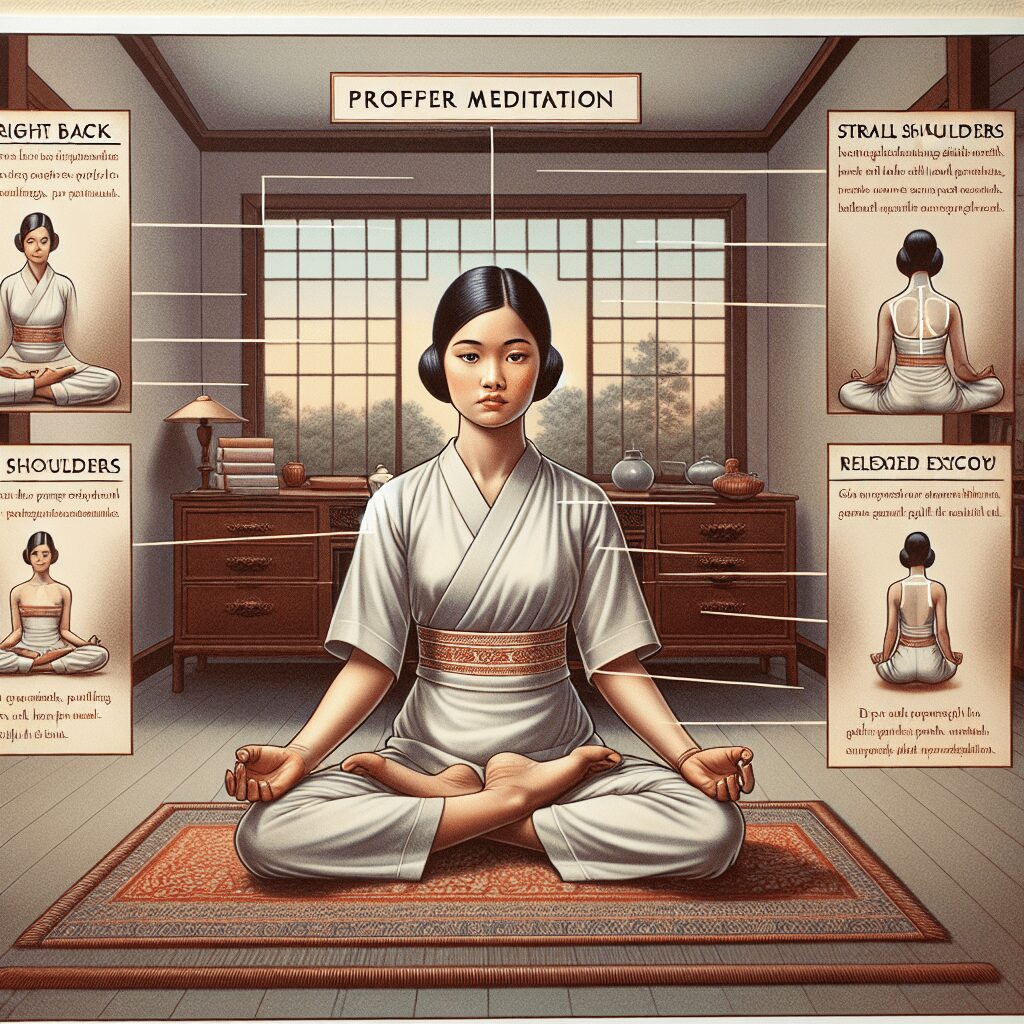
Prioritize your mental well-being daily. Enhance your life by nurturing your mental health with the Smart Meditation app. Break free from stress, alleviate anxiety, and enhance your sleep quality starting today.
Does Mold Cause Anxiety?
The Unseen Culprit Behind Your Anxiety?
News flash! That sneaky invader lurking in damp, dark corners of your home could be doing more than just giving your space the heebie-jeebies. Yep, we’re talking mold. That greenish-black or white stuff that’s silently teaming up against you, may well be the mastermind behind more than just allergic reactions and a musty smell. But hold your horses—does it really have its fingers in the anxiety pie too? Let’s peel back the layers of this mystery and find out.
The Mind-Mold Connection: A Deep Dive
Ever felt like your own home is setting your nerves on edge, and you can’t quite put your finger on why? Well, it turns out, there’s a bit of a scientific tango between mold exposure and your mental health. Here’s the lowdown:
-
Biotoxin Warfare: Certain molds produce nasty little buggers called mycotoxins. These toxins can waltz right into your system, triggering a myriad of responses. One of those is inflammation and oxidative stress, which, oh boy, can play merry havoc with your brain functions. The result? Your mood might tank, leaving you feeling more anxious than a cat in a room full of rocking chairs.
-
The Immune System Tango: When your body’s fighting off invaders, like mold spores, it’s all hands on deck for your immune system. This battle royale can lead to an immune response that, in turn, meddles with your brain’s mojo. The result? You guessed it—your anxiety levels might start to spike.
-
The Sneaky Gut-Brain Axis: Ever heard of the gut-brain axis? It’s this superhighway between your gut and your brain that’s always sending gossip back and forth. Mold exposure can lead to changes in your gut flora (yep, those friendly bacteria chilling in your digestive tract). This can send some pretty wonky signals up to your brain, potentially cranking up your anxiety meter.
So, What’s the Verdict?
Well, while direct evidence is still up for grabs, the signs are pointing to a big, fat “possibly.” Research is still piecing together the puzzle, but it’s becoming clearer that there’s a link between mold exposure and increased anxiety symptoms. However, like trying to nail jelly to a wall, pinning down this connection is challenging. Every person’s reaction to mold can be as different as chalk and cheese, depending on a heap of factors like genetics, existing health conditions, and the type of mold you’re dealing with.
Battling the Beast: Tips to Tackle Mold Anxiety
So, if the mere thought of mold is making you twitchier than a long-tailed cat in a room full of rocking chairs, here’s what you can do:
- Keep it Dry: Mold’s a fan of dampness, so keep your pad as dry as a bone. Dehumidifiers can be your new BFF here.
- Clean Regularly: Don’t give mold a chance to crash your pad. Regular cleaning, especially in prone areas like bathrooms and basements, is key.
- Ventilate: Let your home breathe. Good airflow can help keep mold at bay.
- Seek Professional Help: If mold’s taken a liking to your home, sometimes you gotta call in the cavalry. Professional mold removal can be worth its weight in gold.
- Mind Your Health: If you’re feeling off-kilter, touching base with a healthcare professional is a smart move. They can help you figure out if mold’s the troublemaker behind your anxiety.
Wrapping It Up
While mold might seem like it’s just sitting there, minding its own business, it could be stirring up more trouble than you think, especially when it comes to your mental health. So, keep an eagle eye out, take steps to kick it to the curb, and remember, your well-being’s worth fighting for. Stay healthy, stay happy, and let’s show mold who’s boss around here.





